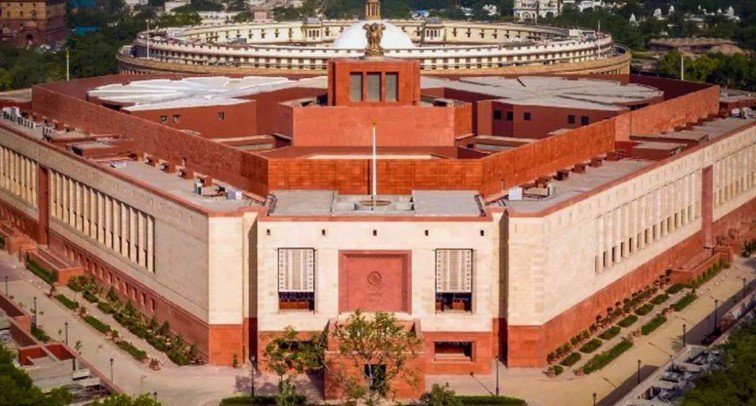New Delhi, 13/08/2025: On Tuesday, the Lok Sabha passed the Mines and Minerals (Development and Regulation) Amendment Bill, 2025, despite loud protests from opposition members. The opposition was upset over changes made by the Election Commission to Bihar’s electoral rolls and raised slogans in the House during the discussion. Even with the noisy interruptions, the Bill was approved through a voice vote.
The main purpose of this Bill is to expand the role and reach of the National Mineral Exploration Trust. Previously, the Trust could only use its funds within certain areas of India. Now, the Bill allows it to use the money across India, including offshore regions, and even outside the country. This means the Trust can now support mining exploration and development activities not just on land but also in deeper waters and foreign locations. The government hopes this will help improve the discovery and management of mineral resources.
To better represent this bigger role, the Bill also proposes changing the Trust’s name. It will now be called the National Mineral Exploration and Development Trust. This new name reflects the Trust’s additional responsibilities, which now include both exploring for minerals and helping develop mines.
Another important change introduced by the Bill concerns the payments made by mining companies, known as lessees. These companies currently pay 2 percent of the royalty fees to the Trust. With the new Bill, this payment will increase to 3 percent. This increase is expected to give the Trust more funds to carry out its expanded work in exploring and developing mineral resources across a wider area.
In short, the Mines and Minerals Amendment Bill 2025 aims to give the National Mineral Exploration Trust more freedom and financial resources to support mining efforts both within India and beyond. The Bill shows the government’s focus on strengthening the country’s mining sector by allowing more funds to be used for exploration and development.
Despite the strong protests by the opposition about unrelated political issues, the government was able to pass this important Bill without delay. This demonstrates the priority given to reforms in the mining industry, which is a key part of India’s economy. The changes are expected to help better manage mineral resources and encourage growth in mining activities.


